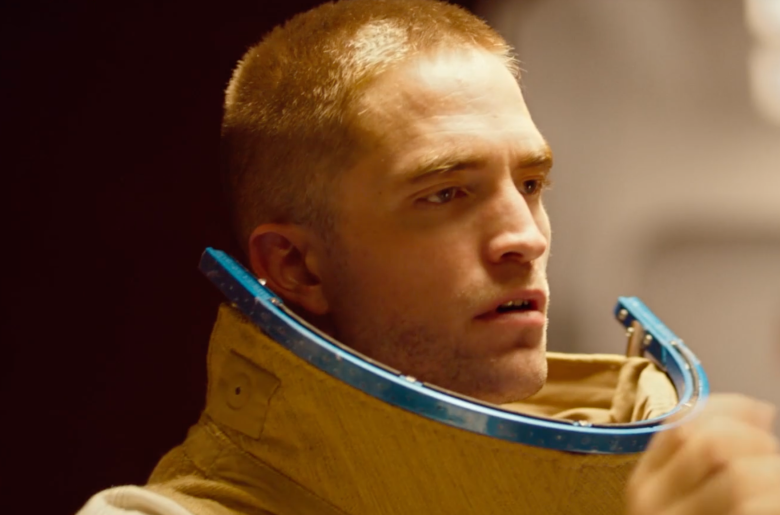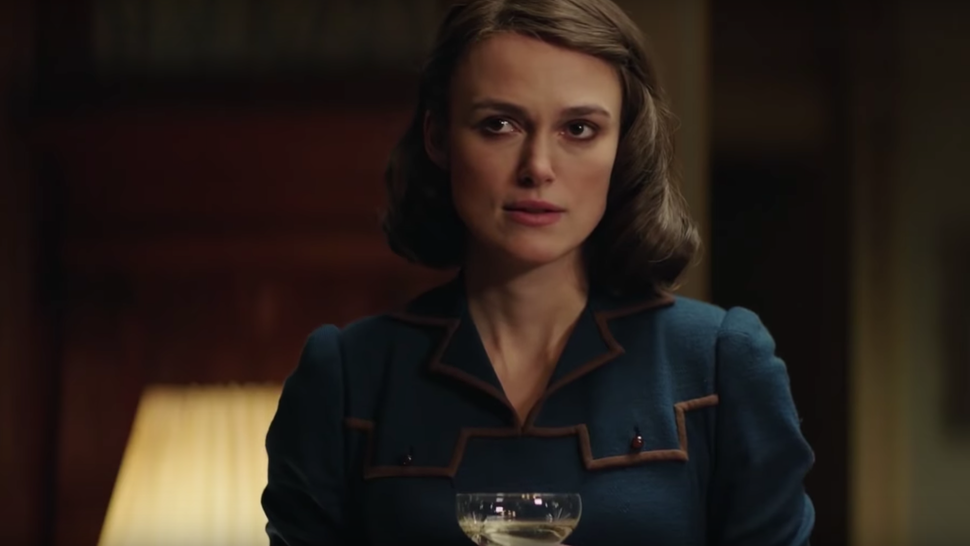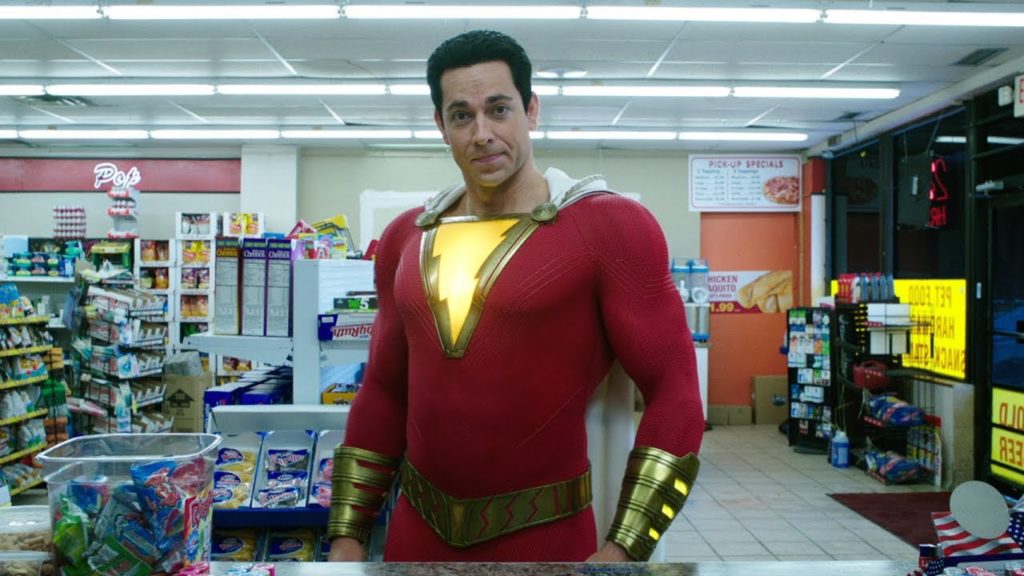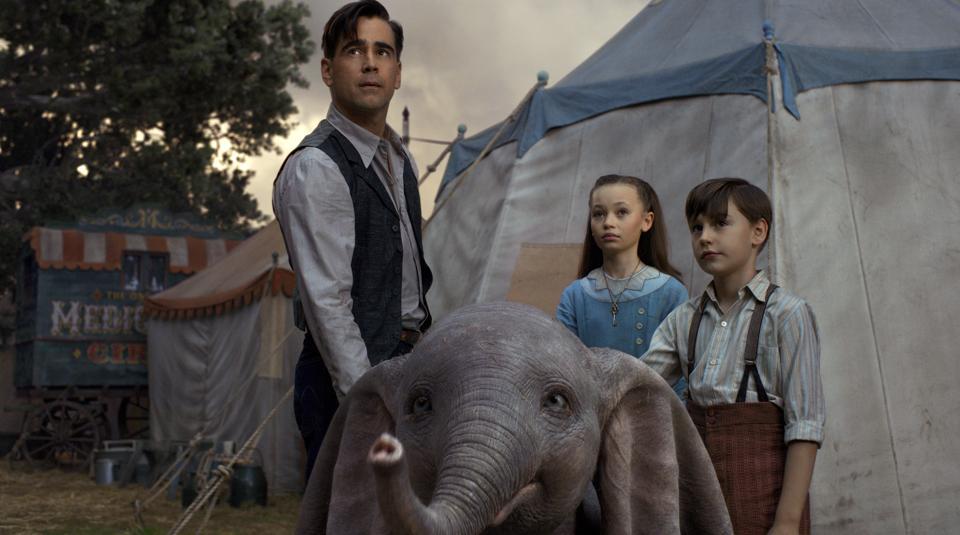Avengers: Endgame: Marching to the End, and Back to the Beginning
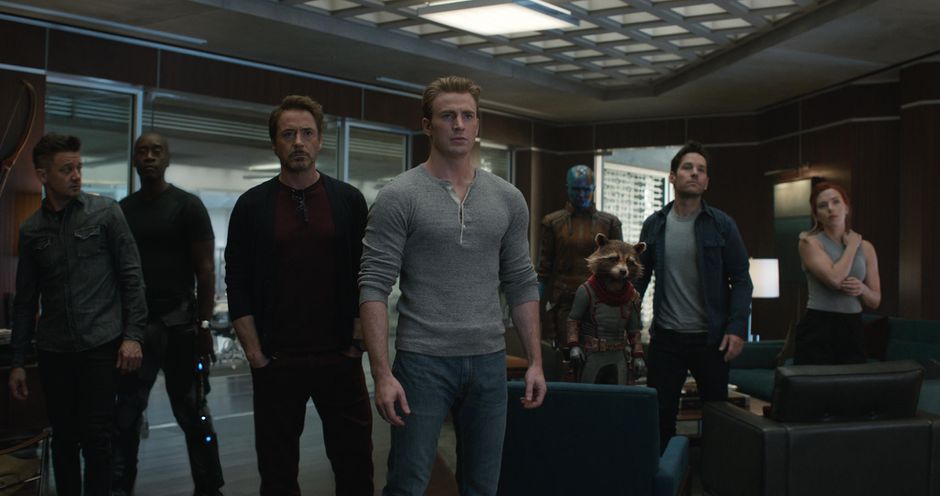
In one of the very first scenes (spoiler alert!) in Avengers: Endgame, Tony Stark—marooned in deep space, with hope and oxygen levels dwindling—beams out an interstellar valediction that doubles as a cinematic prophecy. “This is going to be one hell of a tearjerker,” declares the playboy inventor who more than a decade ago donned a metallic suit and launched the mother of all franchises. Setting aside the industrialist’s dire circumstances, the supposed catalyst for those tears is right there in the title. After 11 years, 21 movies, dozens of costumed characters, and billions in box-office grosses, Endgame is designed to bring the Marvel Cinematic Universe to a close.
Whether this in fact brings tears to your eyes is a matter of personal taste, but what cannot be denied is the enormity of this enterprise. Endgame, again directed by Anthony and Joe Russo, is an absolutely massive movie, so full of stuff—fights and flights, flash-forwards and leaps backward, deaths and resurrections, callbacks and cul-de-sacs—that its three-hour runtime seems almost slender. It may not be the best superhero movie ever made—in fact, I’d wager Tony’s conspicuously placed Audi against it—but it is unquestionably the biggest. Read More

